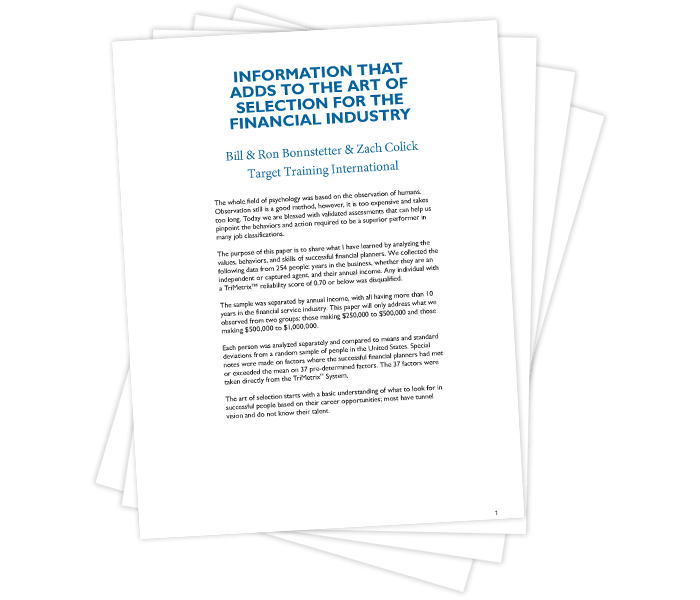
Jun 17, 2025
This study focused on one electric cooperative, using data from all 102 employees to assess leadership readiness. By comparing this group to 162 engineering managers and 28 C-suite executives, the research identified key gaps in competencies such as opportunity recognition, creative problem solving, and futuristic thinking.

Jun 17, 2025
Leadership succession is accelerating, placing next-generation leaders—particularly engineering managers—at the center of transition efforts. This study analyzes three groups: 324 doctoral candidates in technology, 261 engineering managers with master’s degrees, and 234 CEOs from various industries.

Aug 1, 2022
This work presents data from a multi-year empirical investigation associated with an undergraduate engineering mentoring and student development program focusing on co-op education at a small regional private university that is utilizing the TTI TriMetrix DNA assessment suite.

Aug 1, 2022
This work presents data from a multi-year empirical investigation to provide a deeper comprehensive understanding of the technical talent pipeline in the U.S. A sample of 473 individuals across three segments of the talent pipeline was investigated utilizing the TTI TriMetrix DNA assessment suite.

Feb 17, 2022
The most successful financial planners are those that possess a high level of versatility and are able to easily adapt to change. They understand people very well, but they are also very focused on attaining good results. Because of the nature of their business, they are very structured and adhere to financial systems. They understand their roles and take pride in their work. While they focus on the present, many have the drive to further advance their careers and become even more successful.
The information presented in this paper to observe successful and un-successful financial planners. These observations will also carry over into other sales fields.




